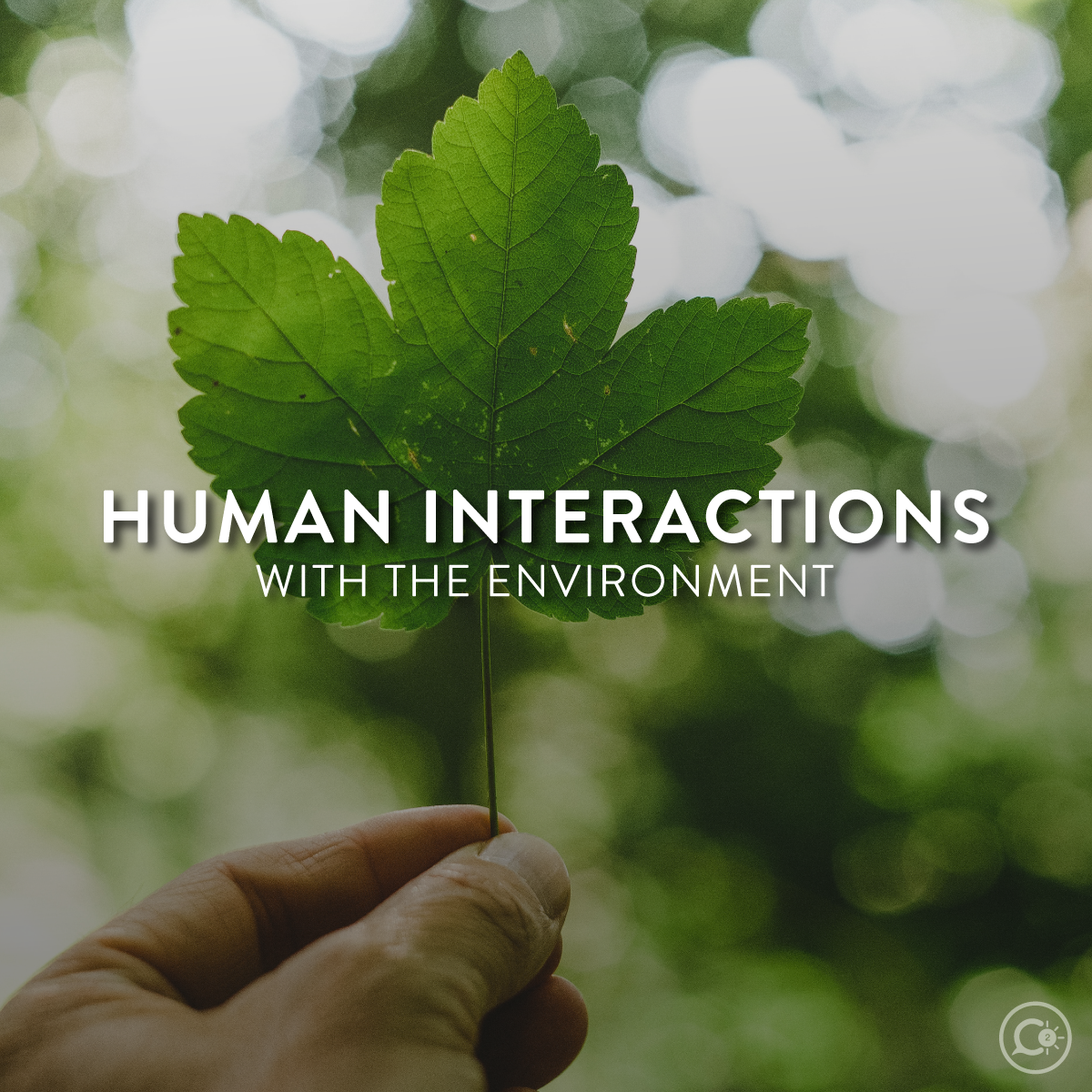How many of us have learned how to build loving relationships? Where did we learn? At home? At school? There is an art and science to building strong relationships. As humans, we have been interacting with the environment since people first walked the Earth. Our emotional and physical attachment to the natural world has started way back then.
I bet it was love at first sight. From breathtaking views to calming moments, from colorful flowers to squawking birds – there were always so many great reasons to enjoy all that nature has to offer. Its vast diversity in different climates, places and spaces… Remarkable species… The sense of belonging to the Earth; to the community of nature… So we were great at first, we were just like one item together. There were good moments, bad moments, but in general we are doing just fine, we were totally connected.
And then we grew up. Our population has increased. With all that, the economy and trade grew as well. We started impacting agriculture, forestry, fisheries but we never thought that there was a problem. We conquered the nature’s world without thinking about the consequences of our actions.
As our impacts grow and the population continued rising rapidly, we started to see that natural areas are becoming scarce. We didn’t care much at the time. We continued to do our own thing. We modified agricultural landscapes or urban areas. Then, slowly things started to turn around.
We came to a point where we have changed the physical, ecological, and biological components of the Earth’s systems to an astonishing degree. With air and water pollution, depletion of natural resources, deforestation we have damaged our one and only planet, our home, our love…
As Michael Jackson well said in his worldly famous song “Earth”:
“What have we done to the world
Look what we’ve done…”
Then, there came the break up.
But it’s time to apologize, learn from our mistakes and make up for it. It’s time to fix our human environment interaction for a sustainable future and improve our well-being in the face of environmental change. It is imperative that we support the earth that we live on. Nature is an unrelenting, unforgiving force, so it is probably best if we treat her well, and maybe, just maybe we can make up for the damage that has already been dealt with.
The best time to act, was yesterday, the best we can do is today, but if we wait for tomorrow, it may just be too late. Here are 5 tips to make it up for the nature and create meaningful and promising human environment interactions. Every little thing we do makes a difference.
1. Save Water
Earth is the only known planet in this universe where life is possible only because of the availability of water and oxygen and did you know that97.5% of the world is salt oceans, too salt water which is no good for human use. Only 2.5% of the water on our planet is fresh water that can be used for human needs. Water is wasted more frequently than we can see. The less water we use, the less runoff of wastewater that eventually end up in the ocean. It’s time to change our bad habits into positive ones and spread awareness about the importance of clean water.
2. Use Natural Resources Wisely
We need natural resources because our lives depend on them. They are the gifts of the nature. Minerals, forest products, water, and soil are just to name a few of these amazing gifts.
It is very important we use renewable and non-renewable resources wisely. If a resource is used and thrown away, eventually the resource becomes scarce.
3. Reduce, Reuse, Recycle
The most effective way to reduce waste is to not create it in the first place. These 3R’s are fundamentally important as a part of sustainable living. For a bright future, we need to cut down on the amount of waste we have to throw away.
4. Travel Responsibly
Traveling responsibly is a great way of leaving behind an eco-friendly footprint both environmentally, culturally and economically. With sustainable tourism being one of the key elements of UN Sustainable Development Goal #8, it’s more important than ever before to think green and act green. For instance, don’t leave lights on in your hotel room, don’t leave water running and take public transport whenever possible.
5. Eat Sustainably
The world’s leading scientists are highlighting the increasing impact on the environment of the food we eat as it is responsible for around 30% of greenhouse gas emissions globally. Easy tips make a big difference. To eat sustainably you can buy seasonal products, eat less animal products and processed packaged food.
6. Live Energy Wise
Every activity we do is overloading our atmosphere with carbon dioxide. There are many source of environmentally-friendly or green energy that are available to us today. Wind turbines and solar panels are an increasingly common sight. Because green sources of energy release little to no harmful emissions. Instead of depleting precious resources and polluting the environment, use renewable energy, also known as ‘clean energy.
Nature is one of those words that we take for granted. Yes, our relationship has evolved down through history and it’s time to heal it.
